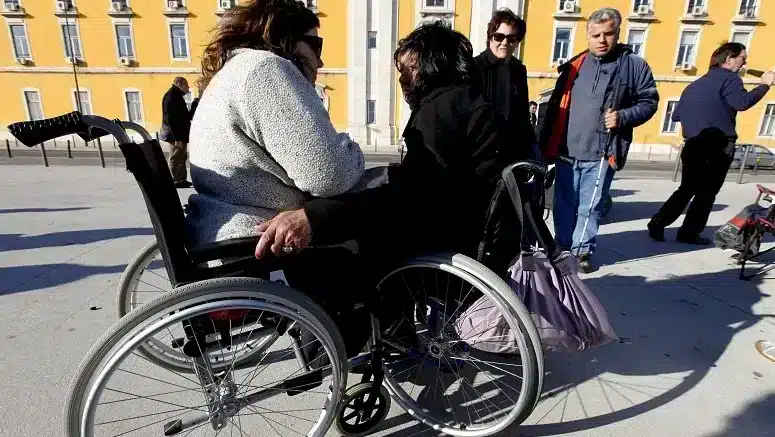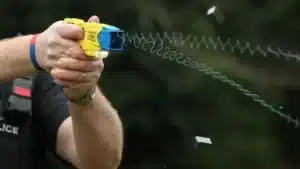Special Significant Blue Programme focuses on ‘importance of reporting emergency situations’
Portugal’s PSP police force has today launched its ‘Iguais na Segurança’ (Equal in Safety) operation – which aims to raise awareness of the defence of dignity and respect for the rights and well-being of people with disabilities, and those who are vulnerable.
In a statement, the force said that the operation, which runs until Friday as part of its countrywide Special Significant Blue Programme, will be carried out by the Proximity and Victim Support Teams (EPAV).
Tuesday is International Day of People with Disabilities, and the PSP marks the date stressing the “importance of motivating a greater understanding of disability issues, as well as mobilising for the defence of dignity and respect for the rights and well-being of people with disabilities.”
Focus for the next few days will be on detecting and flagging up people with intellectual disabilities and/or multi-disabilities who are in a more vulnerable situation, so that they can be given the appropriate follow-up and/or referral, explains Lusa.
According to the PSP, EPAV will also set out to convey the importance of reporting emergency situations, of reporting suspected situations of ill-treatment and/ or neglect, and of domestic violence and/ or sexual violence.
The Special Significant Blue Programme was created in 2013 by the PSP, the National Federation of Social Solidarity Cooperatives and the National Institute for Rehabilitation and the National Confederation of Solidarity Institutions. Its ethos is to “promote partnership relations at regional and local level, with a view to reducing crimes committed against and by people with intellectual disabilities and/or multi-disabilities and, at the same time, increasing their sense of security.”
In its note today, the PSP also calls for the public to be sure to report all crimes, whether they are a victim or witness, stressing that the quicker this is done, the quicker steps will be taken to identify the perpetrator(s) of the crime(s).
Source: LUSA




















